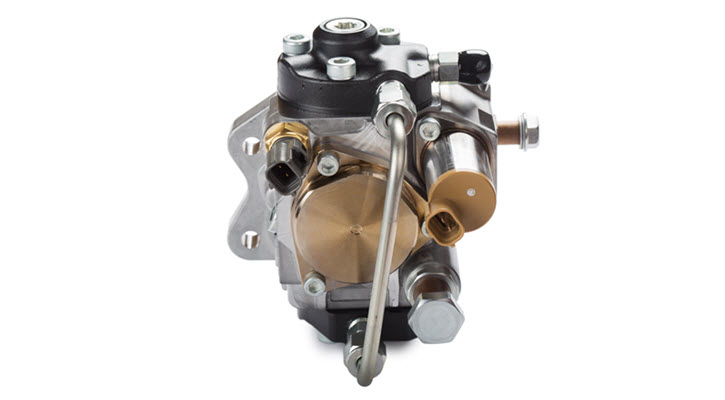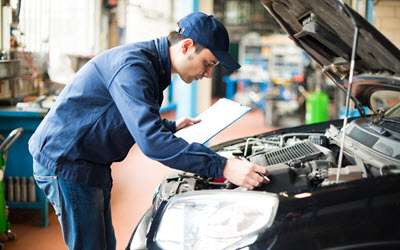
Tips to Detect a Bad Fuel Pump in Your BMW from Certified Mechanics in Santa Barbara
25 Apr, 20
To perform at the peak levels, all the parts and systems of your BMW need to be working perfectly. When a part develops faults, breaks, or becomes excessively worn, it is not able to perform its vital role effectively, leading reduced performance and accelerated part wear. Many systems will have to work harder to make up for the component not pulling its weight, so to speak.
In this article, we will look at a relatively common issue that BMW drivers may experience: failing fuel pumps. Let’s first take a closer look at the purpose of the pumps before moving on to how you can detect if your Bimmer is experiencing this problem.
The Role of the Fuel Pump
Your BMW uses electronically-powered parts known as fuel pumps to transfer the fuel from the gas tank to the fuel injectors at a precise rate and pressure needed for optimal performance. The fuel pump springs into action with ignition. You can often hear the fuel pump becoming pressurized when you do this. The pump uses pressure to relay the fuel needed for combustion to the fuel injectors, which can then add the amount of gas required to the combustion chamber, ready for ignition.
How to Detect a Bad Fuel Pump
There are lots of signs that your BMW will give you to indicate that its fuel pumps have developed faults, meaning that you’re unlikely to develop complete failure without experiencing the negative side effects of it breaking down. The symptoms of a failed fuel pump are quite similar to those of a bad fuel injector or MAF sensor, so to get to the bottom of the problem you may need to assess all three of these parts for problems. The symptoms listed below are some of the most common that you might face:
Whining or Humming from the Fuel Tank
While when pressurizing, it can be expected that your fuel pumps will make some noise, if this noise becomes loud or turns into a whine, then it can be a clear indicator of a problem. This can point to a variety of problems such as damage, low fuel, or fuel contamination.
Starting Issues
There are a variety of reasons why your BMW might become tricky to start. If the fuel pump becomes sluggish due to part wear, then it might not be able to supply the fuel injectors with gas as quickly as usual. This will cause an imbalance of fuel and air in the engine, resulting in misfires and difficulty starting.
Engine Sputters
A strong indicator of fuel pump problems occurs when driving at elevated speeds. When you drive fast, your engine guzzles more fuel. The associated parts have to work much harder. Therefore, if the fuel pumps are failing, they might not be able to meet the increased demand, which leads to a sputtering engine.
Frequent Stalling
A bad fuel pump can cause your engine to stall frequently. Before your BMW stalls, you might notice high engine temperatures displayed on your temperature gauge. Seeing this sign helps you to rule of driver error and directs your attention to the more likely culprit.
Power Loss when Under Strain
Some power loss when going uphill or towing heavy loads is to be expected from any vehicle, but when the power loss is excessive, its likely because the fuel pump is near to being worn out and can no longer keep up with the needs of the engine.
Engine Surging
When there is too much excess energy in the engine, it will surge. This feels as though you’ve pressed your foot on the pedal, even when your speed is constant. This phenomenon can be dangerous and can indicate fuel pump failure.
Santa Barbara Autowerks
Here at Santa Barbara Autowerks of  Santa Barbara, CA, we understand the stress that part failure can cause. That’s why we always aim to complete repair work as soon as possible while still maintaining the high standard that we have become known within the community for providing. We’re so confident that you’ll love the work we do, that we offer a 2-year/24,000 mile warranty as standard. Call us today for an appointment. We look forward to becoming your trusted BMW service center.
Santa Barbara, CA, we understand the stress that part failure can cause. That’s why we always aim to complete repair work as soon as possible while still maintaining the high standard that we have become known within the community for providing. We’re so confident that you’ll love the work we do, that we offer a 2-year/24,000 mile warranty as standard. Call us today for an appointment. We look forward to becoming your trusted BMW service center.




